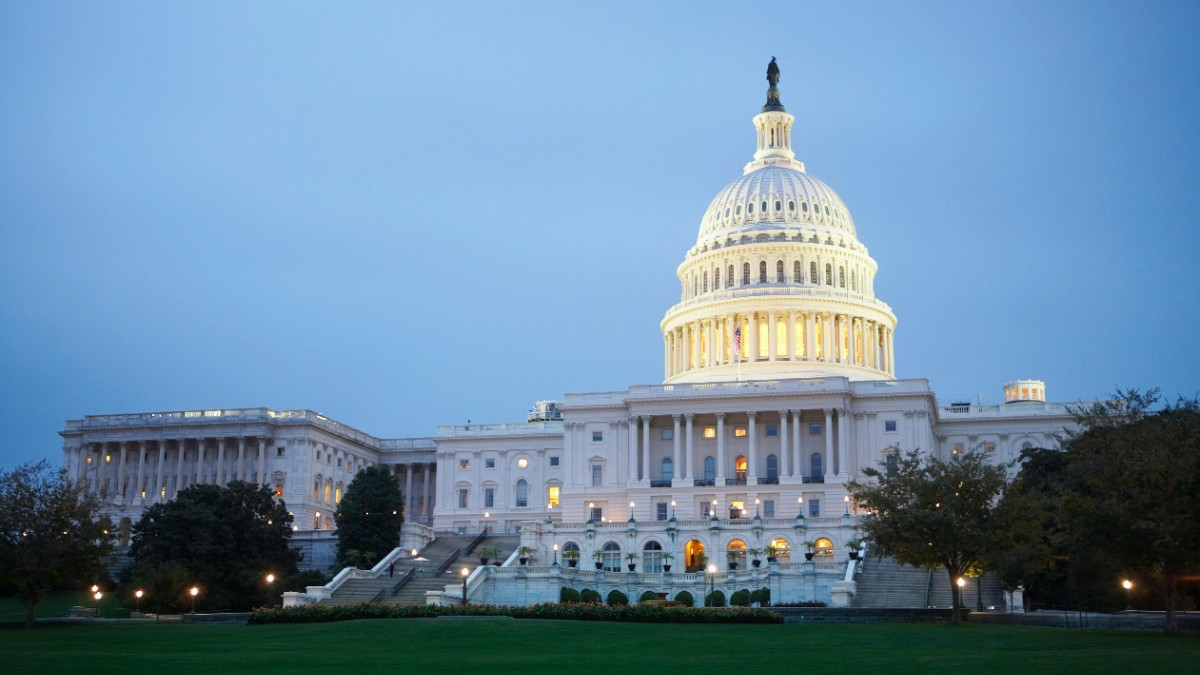The Social Security Fairness Act has just passed the House of Representatives and brings hope to millions of Americans dependent on Social Security benefits. The legislation would abolish two provisions that, for many years, have reduced the benefits for some retirees, especially those who have been involved in certain public service jobs as also discussed here, Americans who would increase their Social Security payments if the GPO and WEP are repealed in the House. As the bill heads to the Senate, a tight deadline for its passage may have wide-ranging implications on the financial security of countless families nationwide.
Understanding the Social Security Fairness Act
The Social Security Fairness Act would eliminate two main provisions: the Windfall Elimination Provision, what many call WEP and the Government Pension Offset, referred to as GPO. Both have been listed among the most unfair provisions in deducting Social Security benefits from retirees who are also pension recipients of jobs not covered by Social Security, such as public service jobs like teaching, law enforcement, and firefighting.
- Windfall Elimination Provision: In 1983, WEP enacted a reduction of Social Security benefits for individuals who had worked both in jobs covered under it and those not covered. For example, a teacher who through summer jobs has paid into Social Security may find that those WEP calculations cut benefits despite the contributions into the system.
- Government Pension Offset (GPO): This law impacts surviving spouses of government employees. It deducts two-thirds of the government pension received from spousal benefits. So, as can be seen, instead of the $900 a surviving spouse is entitled to, in case he or she receives a non-covered job pension of $1,000, his or her Social Security benefit comes down to $233.
The Fairness Act aims to correct these injustices and allows affected workers and their families to obtain all the benefits they have paid for.
Legislative progress and bipartisan support
The Social Security Fairness Act was introduced by Representatives Garret Graves, R-La., and Abigail Spanberger, D-Va., and enjoyed strong bipartisan support. The House voted 327 to 75 to pass the bill, reflecting one of those rare moments when unity is possible in a polarized Congress. The broad support indicates that WEP and GPO have generally come to be regarded as having created inequities.
For now, the bill has fallen into the lap of the Senate, which needs to vote in its favor before Congress adjourns on January 3, 2025. Supporters are very hopeful by its prospects; more than 60 Senators have shown interest and pre announced their ‘yes’ vote for it. But time is running out. Supporters are looking at options to attach the bill to must-pass legislation, like the National Defense Authorization Act or a continuing resolution for financing government operations past December 20.
Potential impacts for millions of Americans
If passed, the Social Security Fairness Act would indeed create a huge financial relief for the approximately 2.8 million retirees affected by WEP and GPO. According to the estimates of the Urban Institute, the repeal of both provisions could see average annual Social Security benefits increase by an additional $7,300 for those who this change in law would affect. This, in particular, would be a godsend for middle- and low-income retirees who struggle with making ends meet on fixed incomes.
WEP and GPO also create an inordinate amount of retirement planning complexity for many public sector workers, who often have multiple jobs throughout a career. To that end, this bill would make sure they receive fully earned benefits irrespective of work history and further the principles of fairness and equity in the Social Security system.
Challenges ahead
The bill enjoys bipartisan support, yet its path to passage is steep. Critics estimate repealing WEP and GPO could cost upwards of $150 billion over ten years, accelerating the insolvency of the Social Security program. Other lawmakers propose alternatives that would reform rather than abolish the offending provisions, by reworking WEP’s calculations or offering targeted relief to those hardest hit.
Advocates emphasize that the need for the passage of this legislation is now, while discussions remain in Congress. “If it doesn’t get passed now, a lot of people will lose hope,” said Shannon Benton, executive director of The Senior Citizens League. The urgency of the issue underlines, not only financial implications, but also a certain public trust towards social safety nets. Readers might also be interested in knowing, Americans who will have more Social Security payments if changes SS Fairness Act pass Congress.
Read more: Two bad news for those expecting a big increase in Social Security payments from the COLA
Read more: These are the Americans whose accounts will be eliminated by Social Security in September
